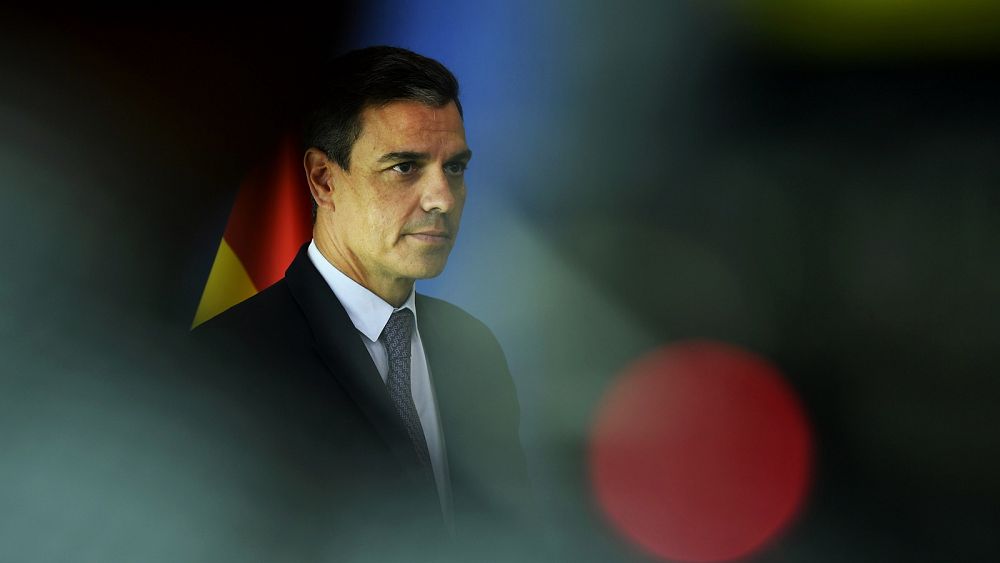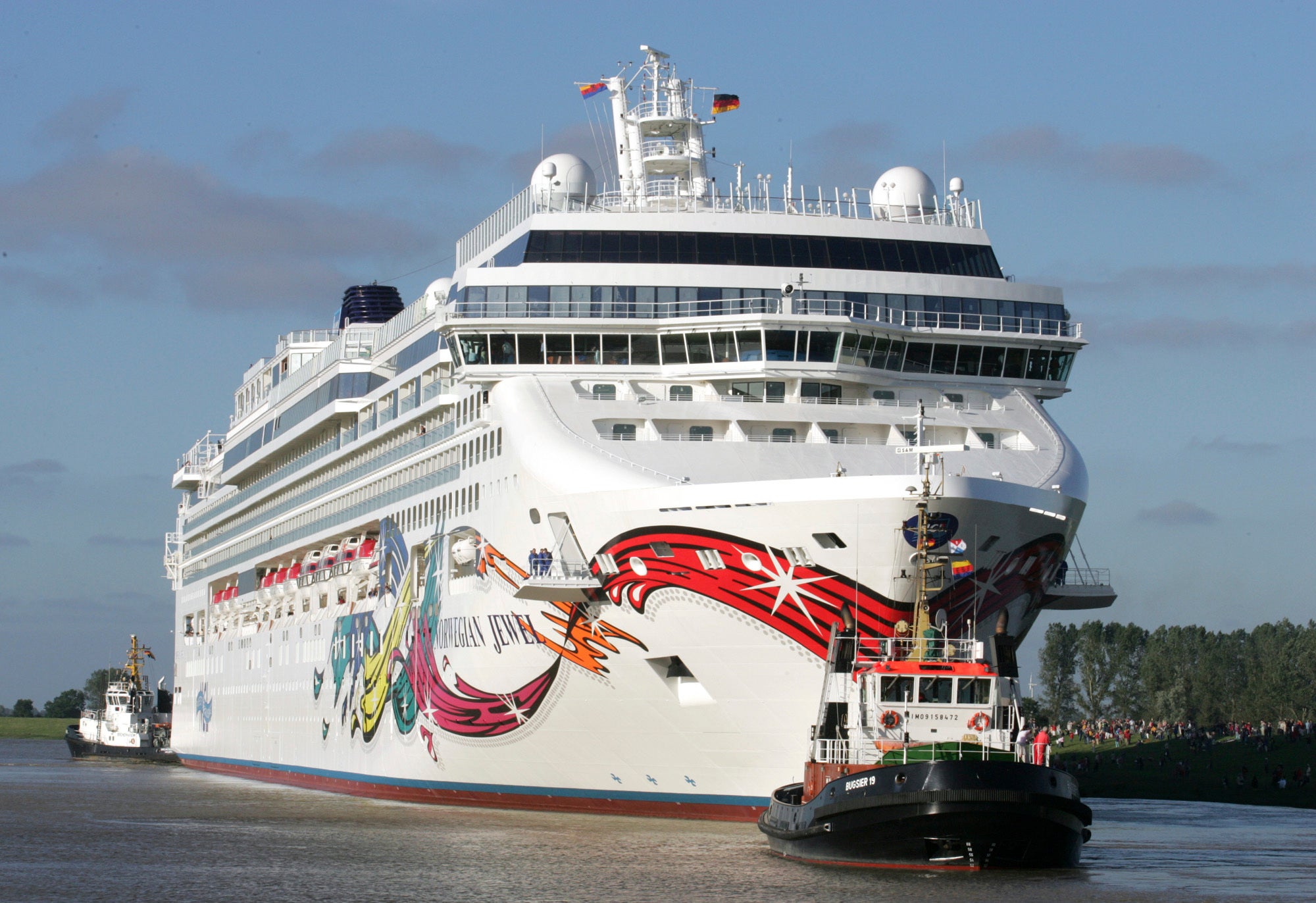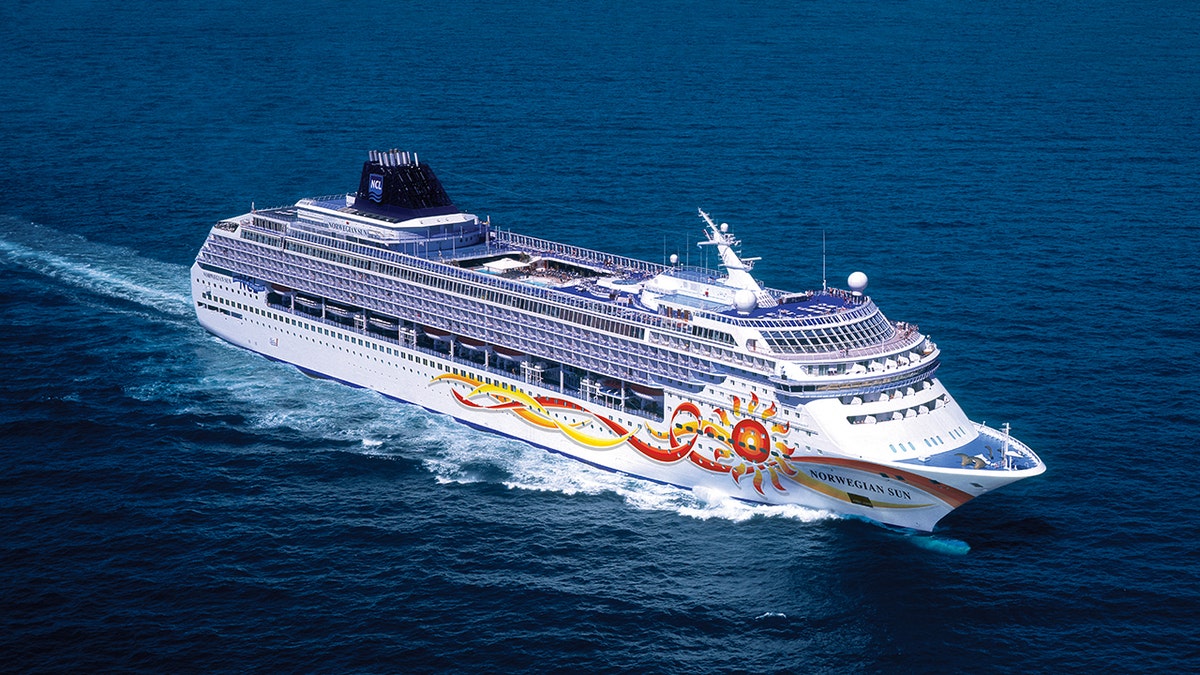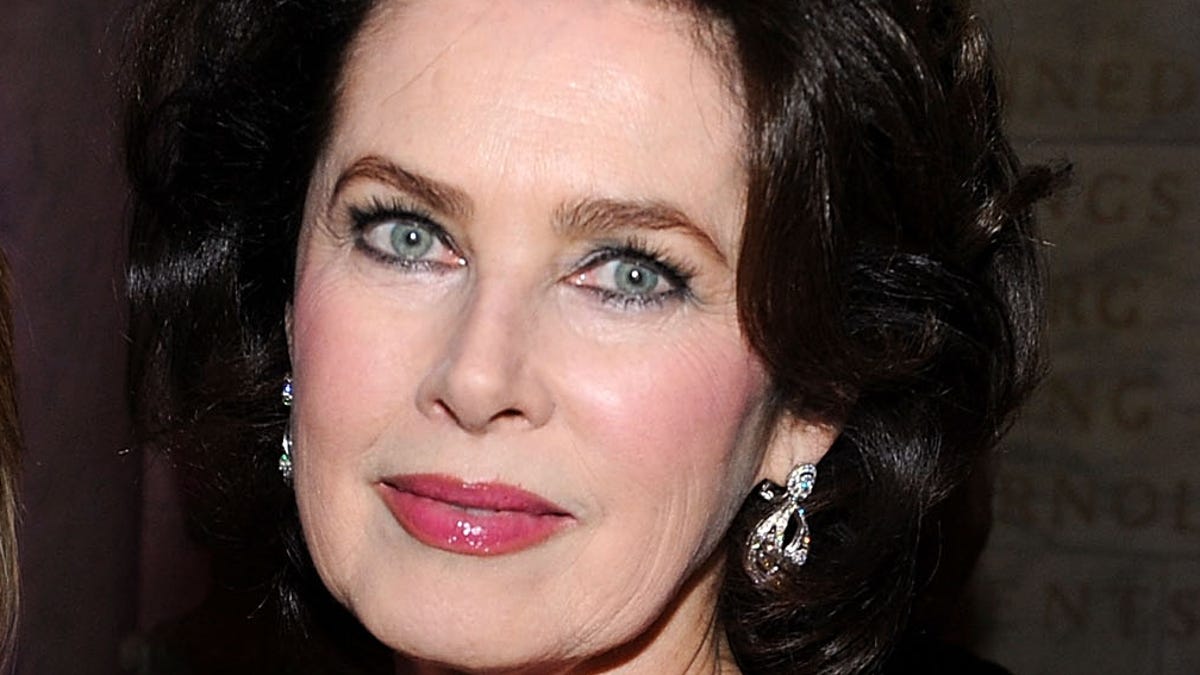World
Pedro Sánchez’s election gamble risks marring Spain’s big EU moment

Spain is supposed to hold the rotating presidency of the EU Council between July and December.
If anything, Pedro Sánchez knows how to gamble.
Throughout his five years at the helm of the Spanish government, the socialist prime minister has built a reputation for taking bold, ambitious decisions with little input besides his own political instinct.
The steamrolling leadership has garnered the admiration of his followers, who see him as an unwavering champion of progressive causes, and the profound contempt of his adversaries, who have dubbed the term “Sanchismo” to describe his assertive, personality-driven way of governing.
Although surprising at first sight, Sánchez’s move to call a snap general election after his party’s poor performance at last week’s local and regional polls fits neatly into the pattern of defiant policy-making that has long characterized his premiership.
By doing so, the PM is directly asking his fellow citizens to choose between his left-wing coalition and a possible conservative executive supported by the far-right, a binary dilemma that he hopes will galvanise the electorate.
This time, however, his gamble risks spilling over into Brussels, with consequences for all 27 members of the European Union.
The parliamentary election, which was initially pencilled for late December, has now been moved all the way up to 23 July – merely three weeks after Spain is supposed to take over the six-month rotating presidency of the EU Council.
Holding the EU Council’s presidency grants a country the prerogative to set the agenda, host ministerial meetings, steer negotiations, draft compromise texts, schedule votes on key files, and speak on behalf of all member states vis-à-vis the European Parliament and the European Commission.
These enhanced powers have traditionally represented a lucrative opportunity for the selected country to prove its diplomatic dexterity, sway the political debate and showcase its cultural richness and natural beauty to the rest of the bloc.
An avowed pro-European politician, Sánchez was keen on taking full advantage of the grand European stage to deliver a productive, deal-maker presidency that would boost his country’s profile and, by extension, his credentials as an international statesman.
The Spanish PM has spent the last months travelling around Europe and meeting with his counterparts to lay the groundwork for what was – until this very Monday – anticipated to be a busy six-month term at the top of the EU Council.
The high expectations do not stem solely from Sánchez’s promotional tour but from the sheer reality on the ground: before the end of the year, the EU institutions are meant to wrap up a series of consequential pieces of legislation that have been piling up on Brussels’ to-do list.
The catalogue includes, among others, a post-crisis overhaul of the electricity market, a world-first attempt to regulate artificial intelligence, an ambitious strategy to prevent the exodus of green industries, a €500-million plan to ramp up ammunition production for Ukraine, an unprecedented scheme to confiscate frozen Russian assets, and the long-awaited, hard-fought reform of the EU’s fiscal rules.
Given their weight and far-reaching character, these files will require a strong, consistent impetus to move forward and achieve consensus among the 27 capitals, a hard task that rests first and foremost on the shoulders of the rotating presidency.
Political vacuum
For Spain, the timely convergence of all these crucial laws – particularly in the fields of energy and fiscal policy – offered an invaluable platform to magnify its domestic viewpoints and have a first-hand role in shaping political agreements.
But the sudden emergence of a snap election at the very onset of the presidency threatens to severely hamper Spain’s room for manoeuvre inside the Council and drain resources away from Brussels to Madrid, as an arduous campaign unfolds in the midst of the summer season.
With Russia’s war in Ukraine nowhere near the finish line, the EU can ill afford six months of legislative atrophy that would further widen the backlog of legislative files and push must-have discussions down the agenda.
Making matters more urgent, the next EU Council presidency, to be held by Belgium in the first half of 2024, is set to be invariably hamstrung by the elections to the European Parliament, which will put Brussels in campaign mode and restart the policy clock.
While this is certainly not the first time a rotating presidency coincides with a general election – last year President Emmanuel Macron maintained France’s mandate as he battled for re-election –, the polarised nature of Spanish politics increases the odds of a lame-duck turn.
The previous general election, which took place in April 2019, had to be repeated in November after the coalition talks led by Sánchez’s socialist party ended up in failure. This year, attention turns to the right, with an alliance between the conservative Partido Popular (PP) and the far-right Vox party as the main alternative.
This means that, in one of the likeliest scenarios, the Spanish presidency could kick off under a socialist government, undergo the upheaval of a July campaign, slow down during the August break, and then resume activities under a brand-new right-wing executive with vastly different political priorities.
Such a rollercoaster will be “particularly problematic” for the Council at a time when key agreements need to be struck before the current legislature concludes, says Johannes Greubel, a senior analyst at the European Policy Centre.
“For the EU and particularly the Council, these elections certainly come at a more than unfortunate time, as they will fundamentally impact the functioning of the Spanish presidency, particularly on a political level,” Greubel told Euronews.
“With the impending political leadership vacuum in Spain and hence at the helm of the Council, many negotiations on these sensitive political issues are now in danger to fail out of sheer lack of time.”
As doubts mount over Spain’s ability to shield the EU Council’s day-to-day businesses from the bruising electoral campaign, Sánchez’s deputies have come forward to allay fears and dispel any rumours the presidency might fall victim to a last-minute cancellation.
“The presidency will be maintained as such, with all its activities,” said Luis Planas, Spain’s minister for agriculture and fisheries, in a recent visit to Brussels.
“For those who, in some way, want to see this in a negative light, we reassure them. We’re going to guarantee all of our institutional and political responsibilities as the presidency of the EU Council.”

World
Video: South Korea’s Political Instability Deepens With New Impeachment

Lawmakers from South Korea’s governing party protested on Friday against a vote to impeach the country’s acting president, Han Duck-soo. The motion, which passed 192-0, came less than two weeks after President Yoon Suk Yeol was also ousted by the opposition in the National Assembly.
World
Man on vacation with family goes overboard on Norwegian cruise ship in Bahamas

The frantic search for a Norwegian Cruise Line passenger who went overboard has been called off.
A spokesperson for the cruise line confirmed to Fox News Digital that the 51-year-old went overboard from Norwegian Cruise Line’s Norwegian Epic late Thursday afternoon.
The incident was first noted at approximately 3 p.m. as Norwegian Epic was sailing from Ocho Rios, Jamaica en route to Great Stirrup Cay in the Bahamas.
The passenger was on the cruise with his family, the spokesperson said. The cruise left from Port Canaveral, Florida on Saturday, Dec. 21 and was a seven-night Western Caribbean voyage.
DISNEY CRUISE LINE NO LONGER ACCEPTING PHOTOCOPIES OF GUEST BIRTH CERTIFICATES
The cruise liner Norwegian Jewel built at the ship yard Meyer in Papenburg, northern Germany, goes down the river Ems. (AP Photo/Joerg Sarbach, File)
The cruise line said that authorities were quickly notified and search and rescue efforts were immediately implemented.
SOCIAL MEDIA USERS GET DRAMATIC AFTER CARNIVAL CRUISE SHIP HITS ICE IN ALASKA: ‘TITANIC MOMENT’
“After an extensive search that was unfortunately unsuccessful, the ship was released by the authorities to continue its voyage,” the spokesperson said.

The Norwegian Epic, which was built in 2010 and refurbished in 2020, has 19 decks. (Norwegian Cruise Line)
Norwegian Cruise Line said the passenger’s loved ones on board were “being attended to and supported during this very challenging situation.”
“Our thoughts and prayers are with his loved ones during this difficult time,” the spokesperson added.
The Norwegian Epic, which was built in 2010 and refurbished in 2020, has 19 decks. It can accommodate 4,070 passengers with double occupancy of its cabins and has 1,724 crew members.
It was not immediately clear what caused the man to go overboard. The man has not been identified.
World
Olive oil, milk and cereals: How did food prices fluctuate in 2024?

After food prices soared in 2021 and 2022, over five essential food products saw price drops in 2024, including milk and cereals.
In 2024, agricultural prices in the European Union saw a modest decline, falling by 2% compared to 2023.
This price decline followed sharp increases in 2021 and 2022 that occurred due to the COVID-19 pandemic, extreme weather conditions and Russia’s invasion of Ukraine.
Despite a surge in olive oil prices in 2024, the prices of cereals dropped by 15%, eggs by 8%, and vegetables and horticultural products declined by 2%.
The price of pigs and poultry also shrank by 7% and 8%, respectively.
According to Eurostat figures, milk prices decreased in 16 EU countries in 2024.
The sharpest decline was recorded in Finland with a 12% drop in prices, followed by Portugal with 10% and Spain with 8%.
By contrast, the sharpest increase was in Ireland with a 15% rise in prices, followed by Lithuania with 11% and Latvia with 10%.
In terms of production, the cost of seeds and veterinary services rose by 3%.
However, prices for fertilisers and soil improvers plummeted by 18%, food for animals by 11%, and plant protection products and pesticides by 2%.
Commission measures between farmers and buyers
After a year in which farmers have protested regularly, the EU Commission has presented an initiative to ensure they receive fair compensation and are no longer forced to sell products below production costs.
The proposed measures include mandatory written contracts that require buyers to clearly outline key terms such as price, quantity, and delivery timelines, taking into account market conditions and cost fluctuations.
The package also introduces a regulation to enhance enforcement of the Unfair Trading Practices (UTPs) Directive, which was adopted five years ago but remains largely unimplemented.
Video editor • Mert Can Yilmaz
-
/cdn.vox-cdn.com/uploads/chorus_asset/file/24924653/236780_Google_AntiTrust_Trial_Custom_Art_CVirginia__0003_1.png)
/cdn.vox-cdn.com/uploads/chorus_asset/file/24924653/236780_Google_AntiTrust_Trial_Custom_Art_CVirginia__0003_1.png) Technology7 days ago
Technology7 days agoGoogle’s counteroffer to the government trying to break it up is unbundling Android apps
-

 News1 week ago
News1 week agoNovo Nordisk shares tumble as weight-loss drug trial data disappoints
-

 Politics1 week ago
Politics1 week agoIllegal immigrant sexually abused child in the U.S. after being removed from the country five times
-

 Entertainment1 week ago
Entertainment1 week ago'It's a little holiday gift': Inside the Weeknd's free Santa Monica show for his biggest fans
-

 Lifestyle1 week ago
Lifestyle1 week agoThink you can't dance? Get up and try these tips in our comic. We dare you!
-
/cdn.vox-cdn.com/uploads/chorus_asset/file/25672934/Metaphor_Key_Art_Horizontal.png)
/cdn.vox-cdn.com/uploads/chorus_asset/file/25672934/Metaphor_Key_Art_Horizontal.png) Technology3 days ago
Technology3 days agoThere’s a reason Metaphor: ReFantanzio’s battle music sounds as cool as it does
-

 Technology1 week ago
Technology1 week agoFox News AI Newsletter: OpenAI responds to Elon Musk's lawsuit
-

 News4 days ago
News4 days agoFrance’s new premier selects Eric Lombard as finance minister


















